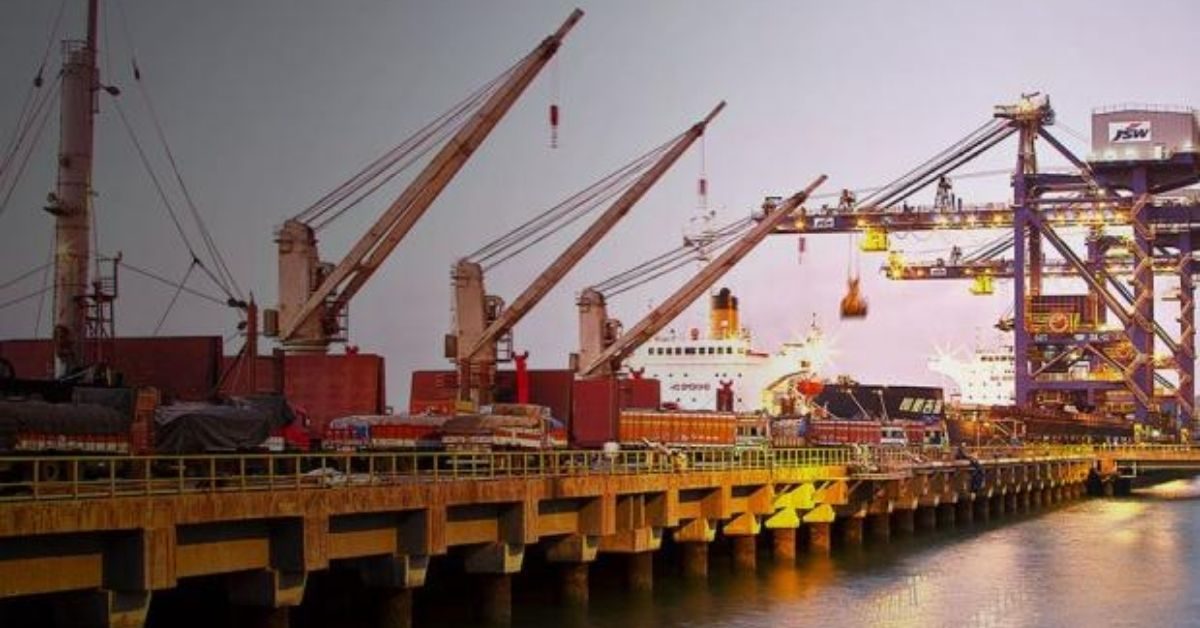Moving from pure captive cargo player to a sizable third-party port business, JSW Infrastructure plans a capex of Rs 10,000 crore by 2025 which will also include investments in logistics
Logistics investment is a natural progression to the port business to strengthen hinterland connectivity.
“We have been accessing opportunities in rail connectivity since the last 6-8 months. We could invest in rakes, in the last mile as it continues to be a huge challenge and this would be for both our west as well as east coast operations,” Arun Maheshwari, joint managing director and chief executive officer at JSW Infrastructure told Business Standard without divulging financial details.
The unlisted company competes with private port players such as Adani Ports, APM Terminals and DP World in the India market.
“Through this rail connectivity we are planning to have dedicated rakes, or leased rakes to have volumes increased for us as hinterland connectivity will improve,” said Maheshwari.
Part of JSW Group, JSW Infrastructure currently has a capacity of 120 million tonne with its third-party cargo growing over the last few years.
“About two years back our third party cargo was 8-10 percent of total cargo JSW Infrastructure handled which went close to 25 percent in FY21 and probably this fiscal we will be at 30 percent. We are targeting 40 percent third-party cargo by 2024,” Maheshwari said.
The company had started off its port operations as a support industry for its group companies mainly JSW Steel and JSW Energy. However, over the years, it has moved towards becoming a business vertical which later progressed to dedicated cargo handling from captive cargo and now is focused on being a strong third-party cargo handling company.
“The third party business is growing because we are now more strategically located than before where we were only located close to our plants for captive cargo handling purposes,” he added.
At present the company operates seven terminals and two ports—Dharamtar and Jaigad. Besides, two more terminals—Paradip for coal and Mangalore for containers are under construction.
The company is looking to add more capacity to touch 200 million tonne over next three years and is of the view that container and liquid would make a stronger presence in the portfolio as bulk capacity is sizable already.
“For any maturing economy like India, container cargo capacity looks promising and is a long term bet. Also we have something in the offing in the liquid bulk capacity but it cannot be disclosed at present,” said Maheshwari.
With capex plans strong, JSW Infrastructure has managed to escape the heat from the ongoing pandemic.
“We were not impacted by the pandemic mainly because for logistics we rely on rails and sea routes for transportation and it was the truck supply chain which took a hit during the pandemic. Also, it was the container cargo that was hit badly, where we did not have much presence,” said Maheshwari.
The company currently carries a debt close to $500 million and aims to make its capacity expansion via internal accruals, its cash available and partly via debt.
Source: Business Standard








